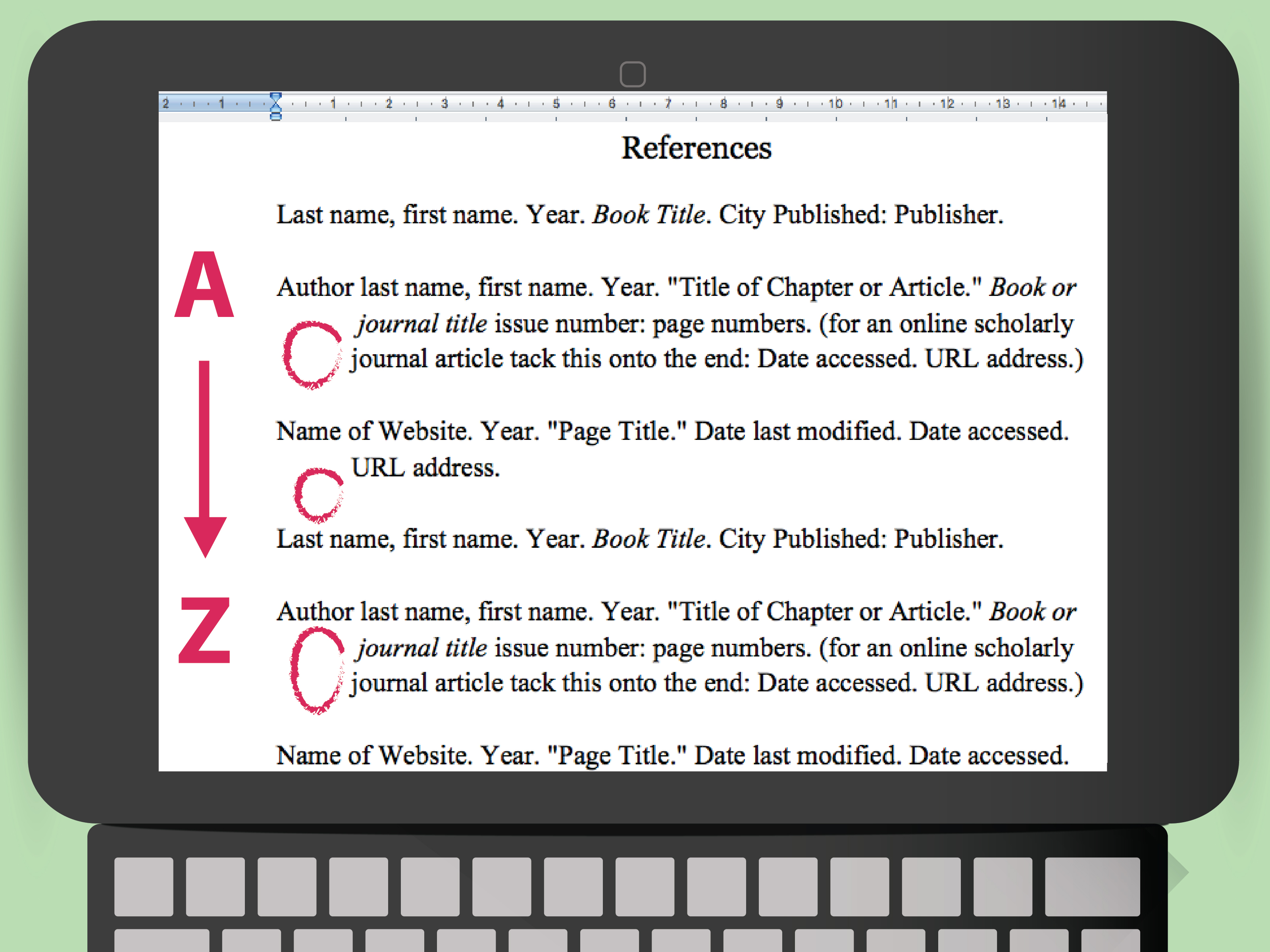The Art of Attribution: Mastering APA Citation in Your Essays
In the vast landscape of academic writing, where ideas intertwine and knowledge builds upon itself, the act of attribution emerges as a beacon of integrity and a testament to the collaborative nature of intellectual pursuit. Citing sources correctly, particularly in the widely adopted APA style, is not merely a technicality; it’s an act of intellectual honesty, a gesture of respect for the originators of ideas, and a crucial step in building a credible and well-supported argument. But how does one navigate the nuances of APA citation and ensure the seamless integration of borrowed wisdom into their own writing?
APA citation, short for American Psychological Association citation, offers a standardized framework for acknowledging the intellectual contributions of others. It’s a system of rules and conventions that dictates how to properly credit the sources you consult and incorporate into your essays, research papers, and other academic works. Mastering this system is essential for any student or scholar seeking to navigate the academic landscape with integrity and precision.
The origins of APA citation can be traced back to a 1929 article published in the Psychological Bulletin, aiming to establish a standardized format for scholarly writing in the field of psychology. Over time, this style guide evolved and expanded, becoming a widely accepted standard across various disciplines in the social sciences, education, and business. The importance of proper APA citation lies in its ability to prevent plagiarism, promote academic honesty, and facilitate the verification and exploration of the sources used in scholarly work.
One of the main challenges associated with APA citation is the sheer volume of rules and guidelines that govern its implementation. From in-text citations to the detailed formatting of the reference list, the intricacies of APA can seem daunting at first. However, understanding the underlying principles of the system and breaking down the process into manageable steps can demystify the process and empower writers to cite their sources accurately and confidently.
The core components of an APA in-text citation typically include the author's last name and the year of publication. For direct quotations, a page number is also required. For example, a paraphrase might look like this: (Smith, 2023), while a direct quote would appear as: (Smith, 2023, p. 42). These in-text citations correspond to more detailed entries in a reference list at the end of the paper, providing complete bibliographic information for each source.
One benefit of using APA citation is that it fosters a culture of academic integrity. By accurately attributing sources, you demonstrate respect for the intellectual property of others and uphold the ethical principles of scholarship.
Another benefit is that it strengthens your own arguments. By grounding your claims in credible sources, you demonstrate a thorough understanding of the subject matter and lend weight to your own analysis and interpretations.
Furthermore, proper APA citation facilitates the verification of your research. By providing clear and consistent references, you enable readers to locate and consult the sources you used, fostering transparency and allowing them to delve deeper into the topic.
A step-by-step guide to creating in-text citations involves identifying the author, year, and page number (for quotes) and placing them appropriately within the text. For the reference list, gather complete bibliographic information, including author, date, title, and publication information, and format it according to APA guidelines.
Purdue OWL and the official APA Style website are excellent resources for further guidance.
Advantages and Disadvantages of APA Style
| Advantages | Disadvantages |
|---|---|
| Promotes Academic Integrity | Can be complex to learn initially |
| Standardizes Citation Format | Requires meticulous attention to detail |
| Facilitates Research Verification | Updates to the style guide can require adjustments |
Five Best Practices: 1. Consult the APA manual regularly. 2. Use a citation manager. 3. Double-check every citation. 4. Be consistent. 5. Seek help when needed.
Examples: (Smith, 2020), (Jones & Brown, 2021, p. 25), (National Institutes of Health [NIH], 2022), (Doe, n.d.), ("Title of Article," 2023)
Challenges and Solutions: 1. Keeping up with APA updates - Solution: Regularly consult the APA manual. 2. Formatting complex sources - Solution: Use a citation management tool.
FAQ: 1. What is APA style? 2. How do I cite a book? 3. How do I cite a website? 4. What is a DOI?
Tips: Use a citation management tool. Consult online resources like Purdue OWL. Proofread carefully.
In conclusion, mastering the art of APA citation is a crucial skill for any aspiring scholar or academic writer. It's more than just a technical requirement; it's a cornerstone of academic integrity, a testament to the interconnectedness of knowledge, and a vital tool for building credible and well-supported arguments. While the intricacies of APA style may seem daunting at first, embracing the principles of proper attribution and utilizing available resources empowers writers to navigate the complexities of academic discourse with confidence and precision. By correctly citing sources, you not only avoid plagiarism and uphold ethical standards but also contribute to the vibrant tapestry of scholarly conversation, where ideas are shared, credited, and built upon, enriching the intellectual landscape for generations to come. Take the time to learn APA citation. Your academic integrity, your credibility, and the advancement of knowledge itself will thank you.
Conquering your form 2 science mid year exams a study guide
Victorias secret bags canada your ultimate guide
The enduring appeal of printable car coloring pages














